By: Robert Regler
Vaping has become increasingly popular in recent years and has become a trend among adolescents. Even though you have to be 21 years of age to purchase these products, teenagers seemingly have no problems getting their hands on them. With the school year about to begin, educators have to be wary of these electronic cigarettes popping up within their institutions. The problem schools will encounter is the discrete nature of electronic cigarettes due to their compact size and the small amount of smoke these devices produce. However, there are some signs that one can look out for that can show if a student is in fact vaping.
The overall nature of vaping can create changes in one’s behavior due to the impact it has on the body. If a student has suddenly increased the amount of liquids, they are consuming, that may be a sign that they are vaping. The mouth becomes dehydrated when one decides to vape. The fumes from the electronic cigarette removes hydration from the mouth and the throat causing one’s thirst to increase. In addition, vaping also dries out the airways of the nostrils which can eventually cause nosebleeds. Also, if a student suddenly has problems with their lungs, there is a good chance that it is because they began vaping. Due to the exposure to nicotine, lungs become inflamed which can lead to bacterial infections within one’s lungs. In addition, changes in behavior such as leaving the room as well as students carrying around unfamiliar electronic devices can also be a sign that they are vaping.
Because of the discrete nature of vaping, identifying whether your student is vaping can prove to be a challenging task. One of the best ways to prevent it is through education. Many teenagers are unaware of the potential harms vaping can bring. Some of them are unaware that these electronic cigarettes contain nicotine (an addictive chemical found in cigarettes) and simply think they are inhaling flavored water vapor. Vaping does not seem to be going away anytime soon, however increased education on the subject can help calm the epidemic at hand.
The Southwest Council provides free presentations on drugs and alcohol for both parents, community members, and for schools. These presentations also include subjects such as vaping within a school setting. If you are interested in having a presentation, please feel free to reach out at (856) 794-1011 or visit us online at www.southwestcouncil.org.
Resources:
https://www.edurisksolutions.org/blogs/?Id=3760
https://health.usnews.com/wellness/for-parents/articles/2018-07-27/how-to-tell-if-your-kid-is-vaping





